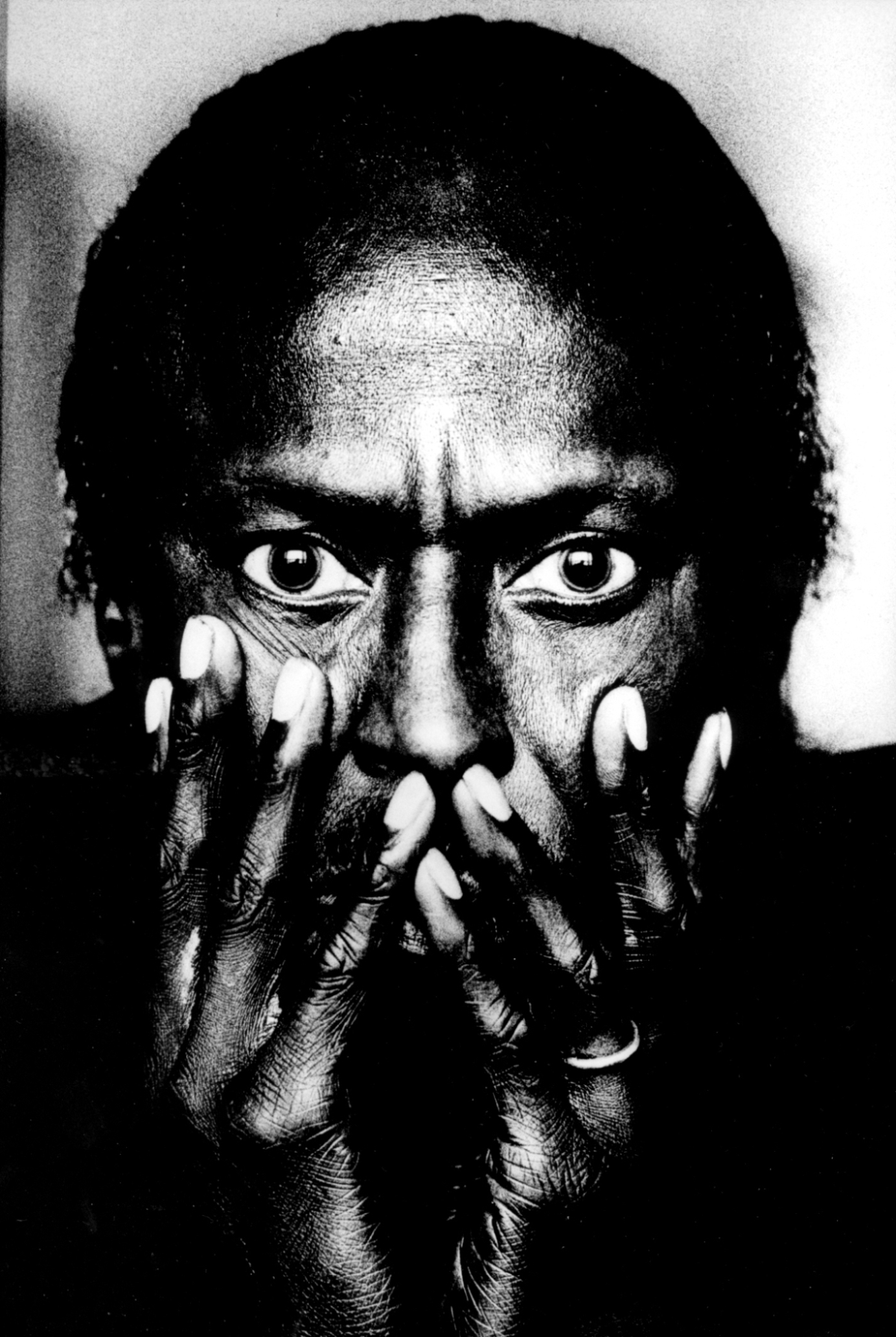


(She considered herself “more of a projector” than a singer, she told an interviewer. Davis left him after a year, and threw herself into her music-mid-tempo avant-garde funk driven by her sexually brazen persona and her vocal shrieks and purrs. Their marriage, while mutually inspiring, was poisoned by Miles’s abuse. She introduced him to Sly Stone and Jimi Hendrix, and got him to trade his suits for hip leather and scarves he, in turn, urged her to sing. (She was ambitious: according to Lester Chambers, whose band, the Chambers Brothers, recorded Davis’s ode to Harlem, “ Uptown,” in 1967, “She wouldn’t shut up about the fact she had a tune that was perfect for us.”) She exerted an especially strong influence on Miles Davis, whom she married in 1968, when she was twenty-three and he was forty-two. At seventeen, she came to New York, where she modelled, studied fashion and acting, and managed a club while pursuing her primary vocation as a songwriter. It also covers the basics of Davis’s story: born Betty Mabry in Durham, North Carolina, in 1944, she grew up near Pittsburgh, where her father worked in the steel industry her mother and grandmother nurtured her love of the blues. A new film about Davis resists that inclination, asking how much Davis paid for her transgressions-she stopped recording in the nineteen-eighties and disappeared (many thought she had died)-and how much further ahead our time might be had she flourished in hers.ĭirected by the London-based filmmaker Phil Cox, “ Betty: They Say I’m Different” is an impressionistic meditation on Davis’s career and reclusion that combines documentary tropes (rare concert footage, talking heads) with poetic motifs (a symbolic crow, Kabuki dancers). Certainly Davis, who released three exquisitely raw, libidinous albums in the nineteen-seventies, can be said to have presaged more recent expressions of black female desire in popular music-for instance, Janelle Monáe’s, in her new album and “emotion picture,” “Dirty Computer.” Still, such legacy narratives can understate past struggle and overstate subsequent progress, as if the past were mere prelude to our more liberated present. The term is a tribute, of course, a way of defining her legacy in terms of the inroads that she made for later artists.

Like many uncompromising, creative women, the funk-rock diva Betty Davis is often called a pioneer.


 0 kommentar(er)
0 kommentar(er)
